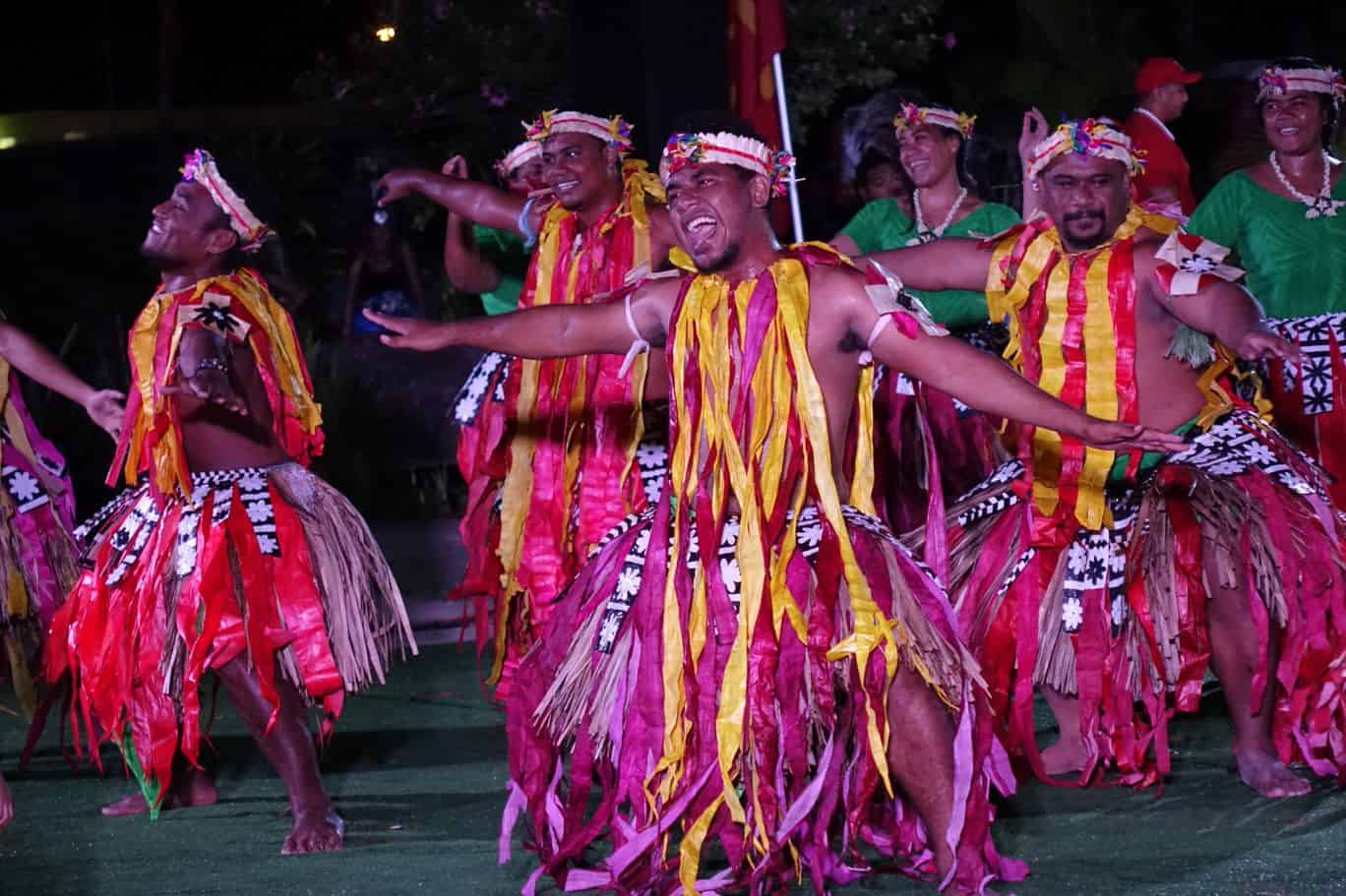A festival planner announced Monday that a Pacific country and an island territory of France have withdrawn their participation in the 13th Festival of Pacific Arts and Culture.
The announcement comes as Hawaii is less than three weeks from hosting the largest celebration of Indigenous Pacific Islanders starting 06 June.
The state will host delegates from at least 28 Pacific countries and territories for 10 days.
New Caledonia, a French territory, withdrew in the wake of days of rioting and deadly unrest, which began last week after lawmakers in Paris approved a constitutional amendment to allow recent arrivals to the territory to vote in local elections.
It’s a move local leaders said they feared would dilute the Indigenous Kanak vote. The riots damaged multiple buildings and left six people dead.
Festival Director Aaron Salā said it’s unclear why Vanuatu withdrew from FestPAC, noting that their attendance was less than 40 people.
“We are saddened by the withdrawal of Vanuatu and New Caledonia, but we understand that countries need to make decisions based on the best interest of the country,” Salā said in an interview.
Salā said that both Pacific Islands will still have a hale at the Festival Village, the main hub of FestPAC, which will take place at the Hawaii Convention Centre
He also said that representatives of the islands could still attend the festival.
Meanwhile, the 13th Festival of Pacific Arts and Culture, better known as FestPAC, is in its final stretch of preparation as festival planners gear up to host more than 2,000 delegates from 28 Pacific countries and U.S territories.
With less than three weeks away, one focus is the building of the festival village. It’s the main hub at the Hawaii Convention Centre where delegates will display their culture through performances and art.
Festival Director Aaron Salā said it’s the first time the festival village is being built indoors.
“Our responsibility to that end was to assure that we are building a festival village that is responsive and reflective of a Pacific environment,” he said. “But also adhering to the challenges of us building the festival indoors.”
Salā said he has partnered with the Albizia Project, the state Department of Land and Natural Resources and others to build the festival village.
FestPAC is projected to cost upwards of US$20 million, with the state funding more than half the costs.
Salā said most of the funds are allocated to building the village. According to figures from the state Department of Businesses Economic Development and Tourism, the village will cost nearly US$3 million.
“Our team has been busy in the securing of tents and the securing of stages and the securing of production equipment, sound and lights,” Salā said.
Other FestPAC venues will include the Bishop Museum, which will have carvers and tattoo demonstrations; and the Capitol, which will have a large exhibit showcasing Pacific artistry.
Salā said delegates will include some high-ranking leaders.
“We know that the King of Aotearoa, New Zealand, Kiingi Tūheitia and his family will be in Honolulu,” Salā said.
“We also know that several prime ministers have already noted that they will plan to travel to Honolulu, at least for a period of time.”
The delegates will stay in dorms at the University of Hawaii, East-West Centre and hotels in Waikīkī, according to Salā. He added that there are more than 1,000 beds reserved at UH and East-West Centre, while the rest of the delegates will stay at four hotels.
Salā said the preparation has been a learning curve for his team, especially when it comes to helping the delegates travel to Hawaii.
“The process is difficult, and not just a visa, because this is … one tiny initial step. Because then it becomes biosecurity issues,” he said. “And certainly we don’t want anything, you know, invasive to come into Hawaii, but we likewise don’t want anything invasive to leave Hawaii.”
Last Friday, the Native Hawaiian Hospitality Association said it anticipates some 300 volunteers will be recruited.
